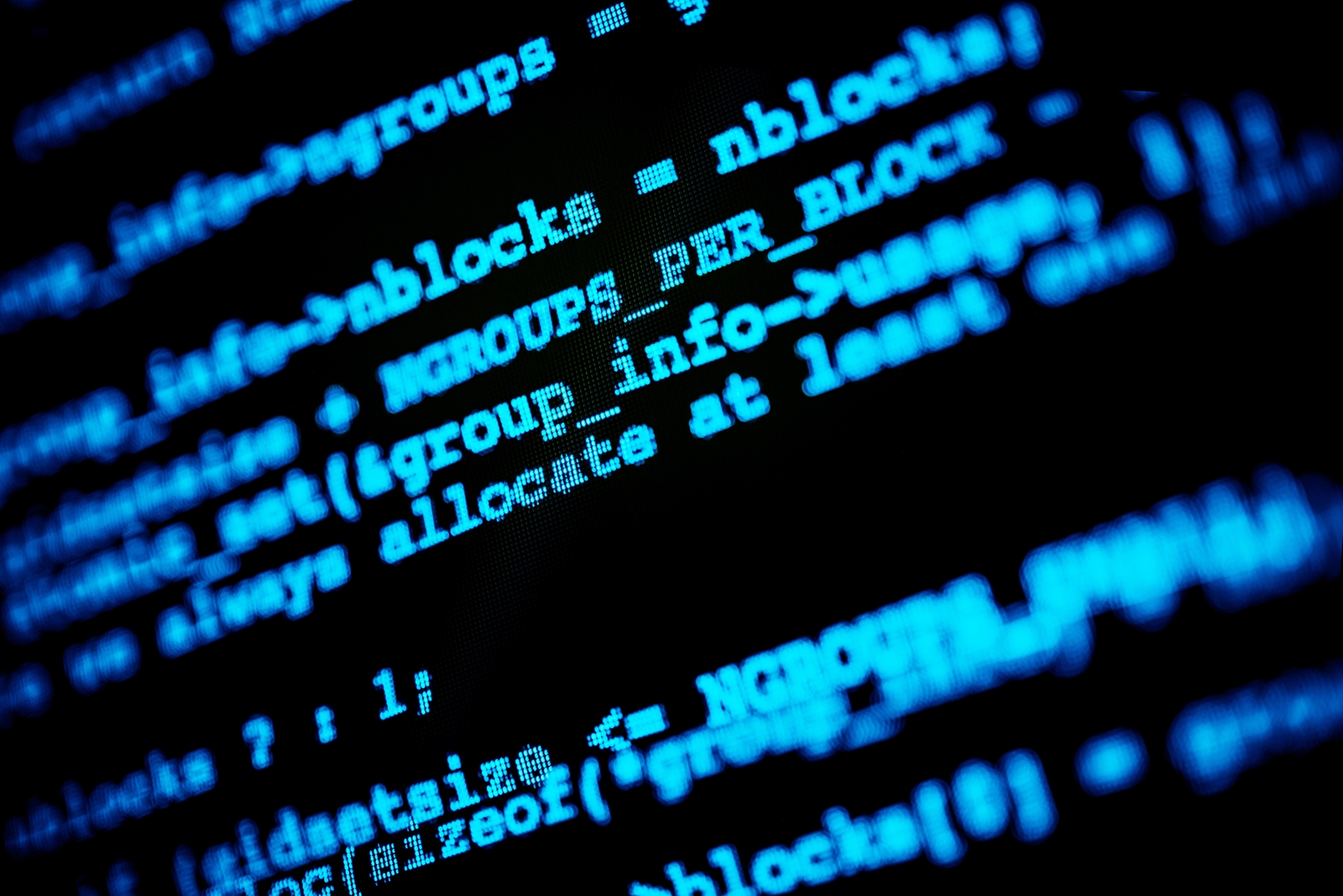Humans can code their way out of the AI economy, says ex-Google VP
The world must place its faith in humanity, not the robots

In a future where AI and automation are likely to lead to millions of displaced workers, it's essential that we don't leave coding to the robots, according to former Googler Megan Smith.
As companies look to AI to cut costs and automate the most manual and time-consuming tasks, it's widely accepted that millions of jobs will be lost to the machines.
Gartner believes that while AI will create 2.3 million jobs by 2020, it will make 1.8 million workers redundant as companies find the improved efficiency and cost-savings too tempting to ignore.
And the Bank of England identified 15 million UK jobs at risk from automation over the next two decades, with chessmaster Garry Kasparov - who famously lost a match to an AI in 1997 - calling the job losses the cost of progress.
Some believe such an impact on the economy should lead to governments giving people a universal basic income, which others have suggested amounts to putting people on welfare.
But this isn't the only answer to the job losses, Smith - former head of business services at Google - believes. Rather, she said that governments should support the genius and talent of people with technology.
"How do we - instead of programming on top of them - come up underneath them? What does the business model need to be, and [how can we] have an urgency like they had when they rebuilt the Pacific Fleet [after Pearl Harbor]," she asked in a press Q&A at OpenText Enterprise World 2018 yesterday.
Get the ITPro daily newsletter
Sign up today and you will receive a free copy of our Future Focus 2025 report - the leading guidance on AI, cybersecurity and other IT challenges as per 700+ senior executives
President Obama's third appointment as government CTO for the US said the answer lies in measures like opening up public data and teaching everybody - children and adults - how to code.
She gave the example of Los Angeles opening up city municipal data and helping universities and community colleges incorporate these datasets into their teaching programmes, to make civic jobs desirable alongside private sector roles.
"People are working on housing issues and garbage issues and zoo issues or whatever it is they're working on [with this data]," she said.
Smith also pointed to Chicago, which has made learning coding mandatory at its public schools - students wouldn't be able to graduate without it. This, she believes, would give people the skills to turn their ideas into commercial enterprises.
"It would just be like 'oh I need to write something, I need to code something'," she said.
IT Pro put to her the idea that AI could simply do the coding too, but she believes this is a dangerous path to go down.
"We need to keep an eye on AI, we need to understand these things fluently," she said. "Look at the derivatives in the financial market. When systems get out of our control that's challenging."
Instead, she believes the world is at a sort of crossroads, where it needs to decide whether it wants to empower people, or rely on AI.
"We've already seen that in the last couple of years pretty bad things happening with the weaponisation of AI and machine learning and networks," she said. Indeed, her old company has taken some flak over its contract to build AI for the US military, and Smith thinks it's vital that humans - not algorithms - are building the world's future.
"The more of us who are fluent at the design table, the more all of our different perspectives come into the tools themselves - that's pretty important," she said. "We can use the collective genius of people all over the world. It's this global conversation that could exist, that's one path, or a very destructive surveillance [society, an] oppressive AI world."
Image: Shutterstock
-
 Should AI PCs be part of your next hardware refresh?
Should AI PCs be part of your next hardware refresh?AI PCs are fast becoming a business staple and a surefire way to future-proof your business
By Bobby Hellard
-
 Westcon-Comstor and Vectra AI launch brace of new channel initiatives
Westcon-Comstor and Vectra AI launch brace of new channel initiativesNews Westcon-Comstor and Vectra AI have announced the launch of two new channel growth initiatives focused on the managed security service provider (MSSP) space and AWS Marketplace.
By Daniel Todd